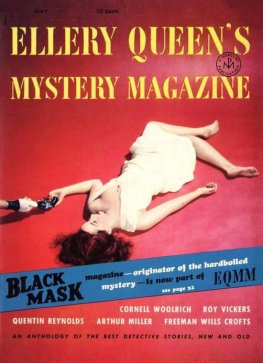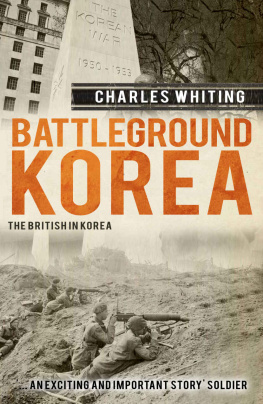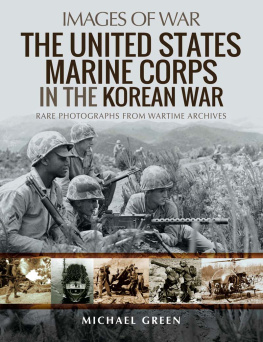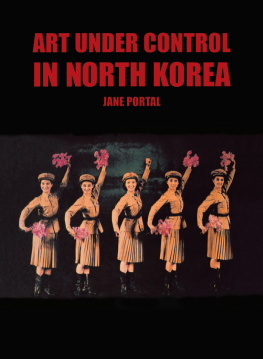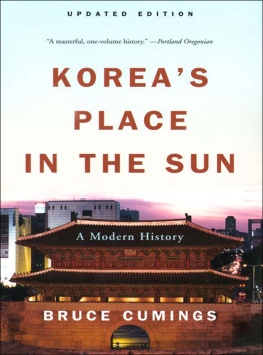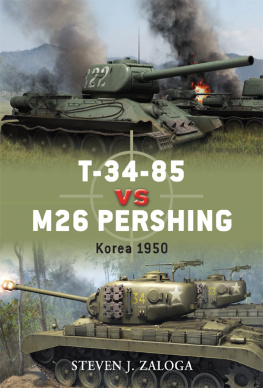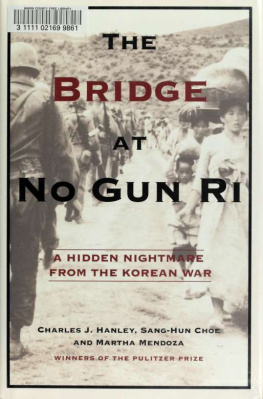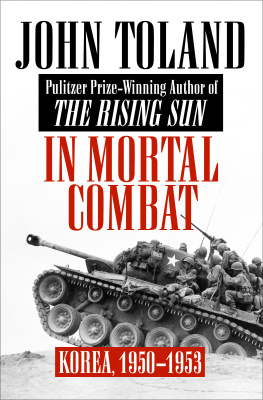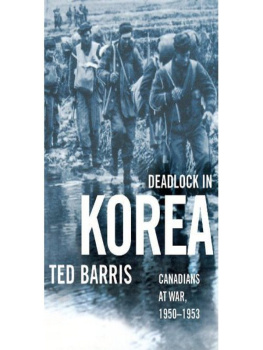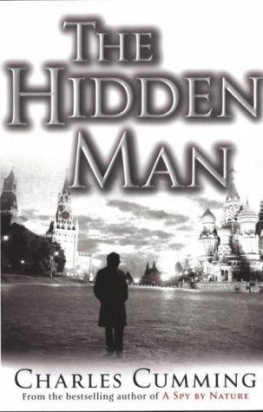Charles J. Hanley - Ghost Flames: Life and Death in a Hidden War, Korea 1950-1953
Here you can read online Charles J. Hanley - Ghost Flames: Life and Death in a Hidden War, Korea 1950-1953 full text of the book (entire story) in english for free. Download pdf and epub, get meaning, cover and reviews about this ebook. year: 2020, publisher: Hachette Book Group, genre: History. Description of the work, (preface) as well as reviews are available. Best literature library LitArk.com created for fans of good reading and offers a wide selection of genres:
Romance novel
Science fiction
Adventure
Detective
Science
History
Home and family
Prose
Art
Politics
Computer
Non-fiction
Religion
Business
Children
Humor
Choose a favorite category and find really read worthwhile books. Enjoy immersion in the world of imagination, feel the emotions of the characters or learn something new for yourself, make an fascinating discovery.

- Book:Ghost Flames: Life and Death in a Hidden War, Korea 1950-1953
- Author:
- Publisher:Hachette Book Group
- Genre:
- Year:2020
- Rating:4 / 5
- Favourites:Add to favourites
- Your mark:
- 80
- 1
- 2
- 3
- 4
- 5
Ghost Flames: Life and Death in a Hidden War, Korea 1950-1953: summary, description and annotation
We offer to read an annotation, description, summary or preface (depends on what the author of the book "Ghost Flames: Life and Death in a Hidden War, Korea 1950-1953" wrote himself). If you haven't found the necessary information about the book — write in the comments, we will try to find it.
Ghost Flames: Life and Death in a Hidden War, Korea 1950-1953 — read online for free the complete book (whole text) full work
Below is the text of the book, divided by pages. System saving the place of the last page read, allows you to conveniently read the book "Ghost Flames: Life and Death in a Hidden War, Korea 1950-1953" online for free, without having to search again every time where you left off. Put a bookmark, and you can go to the page where you finished reading at any time.
Font size:
Interval:
Bookmark:
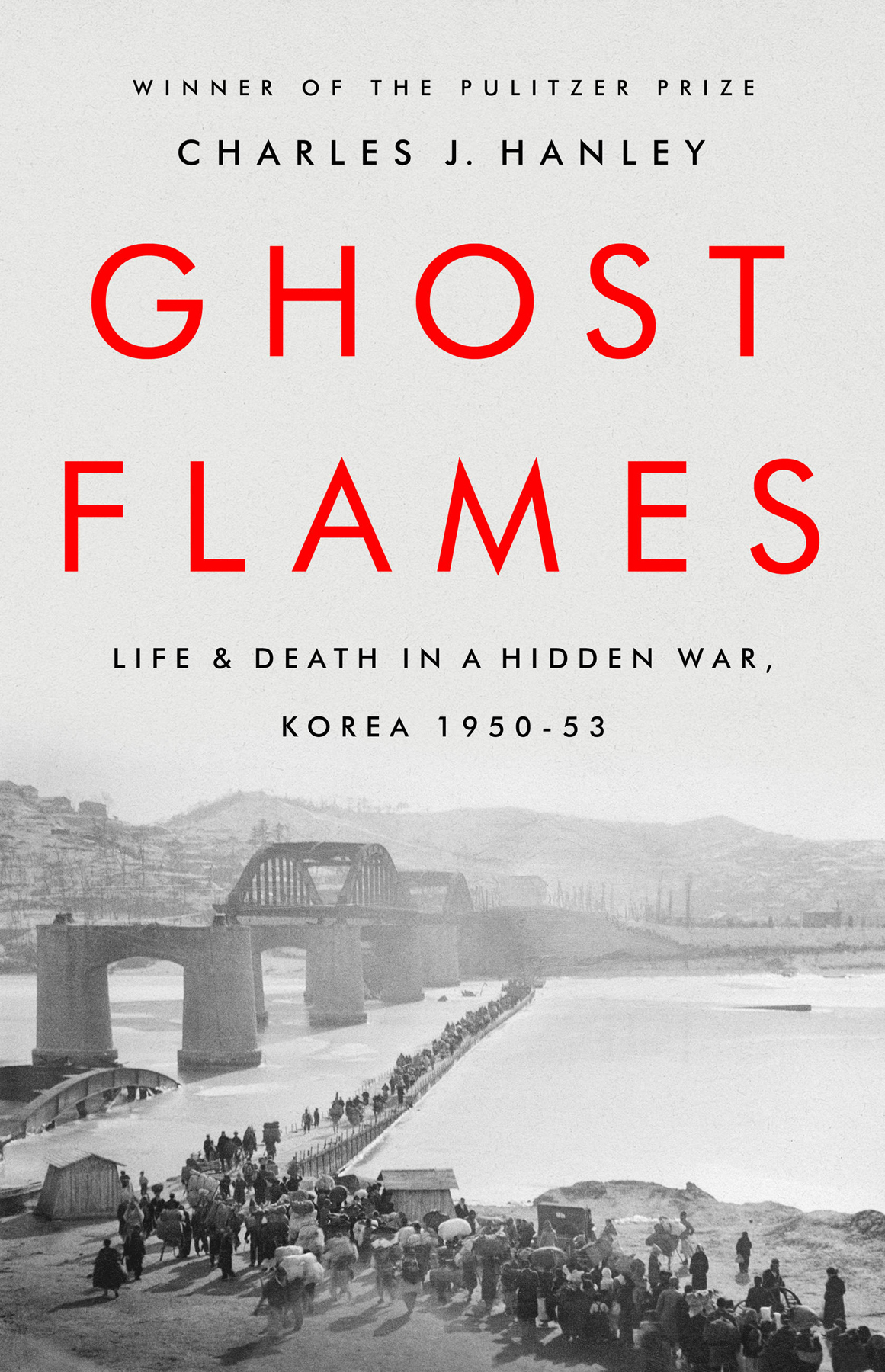
Copyright 2020 by Charles J. Hanley
Cover design by Pete Garceau
Cover image United Nations
Cover copyright 2020 Hachette Book Group, Inc.
Epigraphs taken from Brother Enemy: Poems of the Korean War used by permission of White Pine Press.
The maps in Ghost Flames are the work of Jenni Sohn.
Hachette Book Group supports the right to free expression and the value of copyright. The purpose of copyright is to encourage writers and artists to produce the creative works that enrich our culture.
The scanning, uploading, and distribution of this book without permission is a theft of the authors intellectual property. If you would like permission to use material from the book (other than for review purposes), please contact permissions@hbgusa.com. Thank you for your support of the authors rights.
PublicAffairs
Hachette Book Group
1290 Avenue of the Americas, New York, NY 10104
www.publicaffairsbooks.com
@Public_Affairs
First Edition: May 2020
Published by PublicAffairs, an imprint of Perseus Books, LLC, a subsidiary of Hachette Book Group, Inc. The PublicAffairs name and logo is a trademark of the Hachette Book Group.
The Hachette Speakers Bureau provides a wide range of authors for speaking events. To find out more, go to www.hachettespeakersbureau.com or call (866) 376-6591.
The publisher is not responsible for websites (or their content) that are not owned by the publisher.
Library of Congress Cataloging-in-Publication Data
Names: Hanley, Charles J., author.
Title: Ghost flames : life and death in a hidden war, Korea 19501953 / Charles J. Hanley.
Other titles: Life and death in a hidden war, Korea 19501953
Description: First edition. | New York : PublicAffairs, 2020. | Includes bibliographical references and index.
Identifiers: LCCN 2019036790 | ISBN 9781541768178 (hardcover) | ISBN 9781541768154 (ebook)
Subjects: LCSH: Korean War, 19501953Biography. | Korean War, 19501953Social aspects.
Classification: LCC DS918.A553 H37 2020 | DDC 951.904/20922dc23
LC record available at https://lccn.loc.gov/2019036790
ISBNs: 978-1-5417-6817-8 (hardcover), 978-1-5417-6815-4 (ebook)
E3-20200330-JV-NF-ORI
My dead brother he keeps on showing up. The people he killed, too, have been appearing before me. They speak to me.
Me, too.
You mean you see these phantoms, too?
At first they simply showed themselves, but then, at twilight, as I walked the cow home from the fields, I would see lines of the dead walking along the levee across the way. Sometimes when the weather was bad, I would see spirit fires. They speak to me. I suppose the time is ripe for them now, for the people who were there. Theyre ready now, I think. So they appear before us as part of their redemption.
Hwang Sok-yong,The Guest (2001)
On August 31, 2002, a typhoon designated Rusa, the most powerful to strike South Korea in four decades, slammed ashore along the southern coast and raged northward up the peninsula. It caused billions of dollars in damage, flooded huge swaths of farmland, and left scores of people dead. Rusa also did something else: it tore a hole in time.
Near the southern village of Yongyang, on a small pepper farm, the torrential rains and wind washed away a layer of earth that for a half century had concealed a mass grave, hiding from history the evidence of atrocity, the skeletal remains of 140 peoplemen, women, and children. A storms fury had opened a window on one small corner of a dark past, a time when the southern government summarily executed tens of thousands of political prisoners, potential northern collaborators, in the first weeks of the Korean War.
The war that ravaged the Korean peninsula for three years in the midtwentieth century was a watershed of modern history. It was the first major clash of arms of the Cold War and remains the last armed conflict between great powers. It was Americas first undeclared war. It turned the United States into a permanently militarized nation and made China a global player. It planted the seeds of a nuclear crisis that confronts the world today. And its a war not truly ended, a war on hold, under a truce and not a peace treaty.
Despite its pivotal role in recent history, the Korean War became known as the forgotten war, an indecisive conflict in a far-off place, overshadowed by the triumphant good war that ended five years before.
Even more than forgotten, however, much of what happened in Korea in those years has simply never been known, beyond the buried memories of survivors, the whispered conversations in traumatized villages, the yellowing pages of telltale documents secreted away in classified archives.
The Yongyang discovery, the happenstance of a typhoon, offered an early clue. Through the 2000s, more emerged. The perseverance of survivors, historical researchers, journalists, and others uncovered more mass graves, gave voice to witnesses, reported on shocking events of wholesale killing of noncombatants. In the period 20052010, the Truth and Reconciliation Commission of the South Korean government investigated scores of incidents of mass political executions in 19501951 and mass killings of refugees and other South Korean civilians, both by southern and U.S. military forces and by the northern invaders and southern leftists. The declassification of U.S. military archives, documenting indiscriminate air and ground attacks on unarmed civilians, attested further to the wars savagery.
The U.S. order to bomb every village, the stunning scale of political executions, the Americans decision to machine-gun refugeesthese and similar discoveries of recent years are essential to understanding what happened in the years 19501953.
Conventional histories of the Korean War have too often ignored its greatest impact, on the ordinary people of Korea, focusing instead on leading personalities and grand strategy, troop movements and headline battles. This book is unconventional, telling the story of the Korean War on a human scale, through the wartime experiences of twenty people who lived through it, people from all sides, soldiers and civilians, male and female, young and old, witnesses both to atrocity and to heroism.
They include soldiers from both Koreas and from America and China, a Korean refugee girl, an American nun, Korean and British journalists, a displaced Korean mother, a Seoul socialite, a Chinese interpreter at the truce talks.
The characters experiencesin cities destroyed by U.S. aircraft, as a witness to prisoners driven off to slaughter, as a bystander at a peoples court summary executionprovide the context for expanding on the wars long-buried truths. The reader will see the real war through their eyes. Meanwhile, the broader story of the wars progress will unfold month by month in the characters interwoven episodes.
The narratives are drawn from many sourcesmemoirs, biographies, diaries, letters, personal interviews conducted in South Korea and the United States, declassified archival documents, and other materials. The Truth and Reconciliation Commissions reports provided additional crucial information.
It was important to enlist characters of diverse backgrounds, to offer the reader a wide array of perspectives on a war whose causes and conduct remain controversial today. But they were chosen, too, for the power and eloquence of their storieslate-in-life reflections of soldiers still burning with resentment or regret over the insanity of their war, the lifelong nightmares of aging women retold in tears, the unadorned accounts by journalists of unimaginable events. Millions of people killed, one young soldier concludes, but nothing has changed except for the destruction of human lives and their dreams.
Font size:
Interval:
Bookmark:
Similar books «Ghost Flames: Life and Death in a Hidden War, Korea 1950-1953»
Look at similar books to Ghost Flames: Life and Death in a Hidden War, Korea 1950-1953. We have selected literature similar in name and meaning in the hope of providing readers with more options to find new, interesting, not yet read works.
Discussion, reviews of the book Ghost Flames: Life and Death in a Hidden War, Korea 1950-1953 and just readers' own opinions. Leave your comments, write what you think about the work, its meaning or the main characters. Specify what exactly you liked and what you didn't like, and why you think so.

